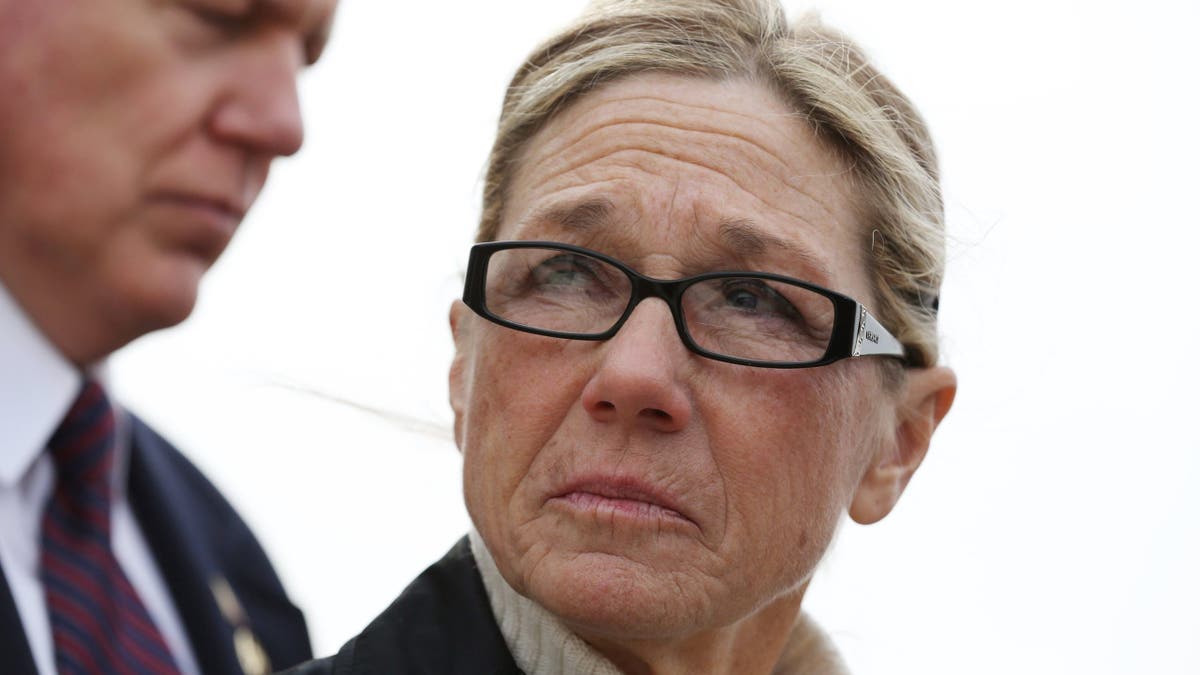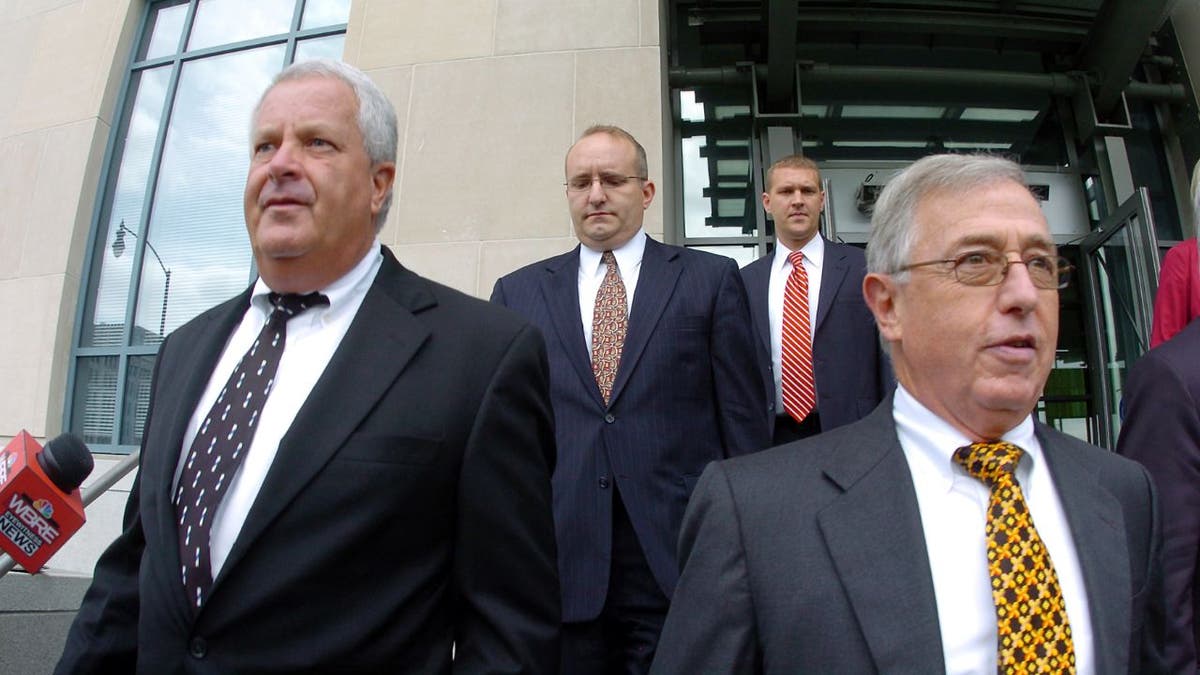President Biden's recent mass clemency grant, encompassing over 1,500 individuals, has ignited significant debate. While presented as a landmark act of compassion, critics argue that the inclusion of certain individuals, convicted of large-scale fraud against taxpayers and clients, undermines the decision's integrity.
Among the recipients are figures like Rita Crundwell, the former comptroller of Dixon, Illinois, who embezzled nearly $54 million from the town. Paul M. Daugerdas, involved in a multibillion-dollar tax fraud scheme, and Toyosi Alatishe, who exploited vulnerable patients for fraudulent tax returns, also received clemency. These cases have fueled accusations that political connections played a role in the selections.
Illinois politicians have voiced strong disapproval. State Senator Andrew Chesney labeled Crundwell's commutation a "slap in the face" to Dixon residents, emphasizing the broader impact of her crimes on regulations and public trust. Representative Darin LaHood echoed this sentiment, highlighting the contrast between Crundwell's lavish lifestyle and the financial struggles of many Dixon families.

Beyond public fund embezzlement, several commutations involved white-collar criminals who defrauded clients of substantial sums. The clemency grant also extended to Michael Conahan, a former judge implicated in the "kids for cash" scandal, where juveniles faced harsh sentences in exchange for illegal payments. This decision drew intense criticism, particularly from families affected by Conahan's actions, such as Sandy Fonzo, whose son tragically committed suicide following an unjust sentence.

The administration justified the commutations by stating that the individuals were on home confinement during the COVID-19 pandemic, had successfully reintegrated into society, and posed a low recidivism risk. They emphasized that the recipients' primary offenses were not violent, sexual, or terrorism-related, and that they maintained good behavior while incarcerated. However, the blanket nature of these criteria, rather than individual assessments, has drawn further scrutiny.
This large-scale clemency grant stands in stark contrast to the approach of the previous administration. Data reveals that President Trump granted significantly fewer pardons and commutations during his term, representing a small fraction of the applications received.
Comments(0)
Top Comments